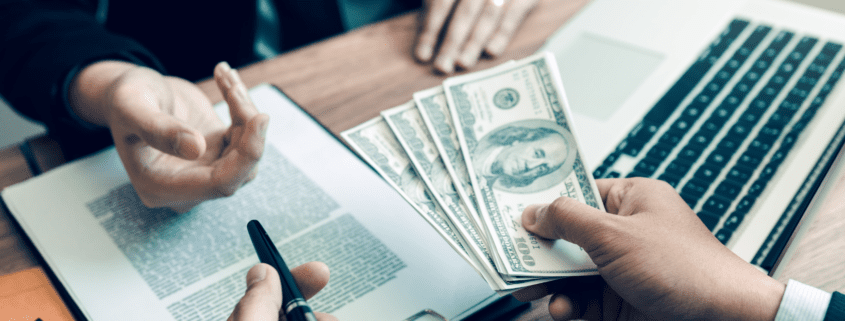PPP Loan Applications are Closed as Fraudulent Cases Emerge
Over the past year businesses flocked to the Small Business Administration (SBA) to submit applications to receive their share of the federally allocated Paycheck Protection Program funding.
PPP loans were distributed to businesses struck hard by the ongoing coronavirus pandemic. Their intended use was to help keep workers employed by providing funding to support their ongoing paychecks following mass layoffs at the forefront of the pandemic.
Since their initial rollout, it has been discovered that many businesses wrongly claimed PPP loans, resulting in millions of dollars of fraudulent claims.
As of May 31, SBA has since closed the application for PPP loans. Despite being renewed by the federal government numerous times in both 2020 and 2021, businesses are no longer able to submit new requests for funding.
As of May 23, SBA had approved over 11.6 million loans, totaling approximately $796 billion.
Even since the program application portal has been shut down, SBA will take approximately one month to process all existing applications submitted prior to the closure.
While the initial rollout of the PPP loan distribution process brought with it thousands of fraudulent claims, it’s now expected that the program overall served as a starting point for SBA to continue serving small businesses into the future.
While the general PPP loan applications have been closed at this time, SBA has been granted an additional $100 million to fund a pilot program providing support to underserved small businesses. This comes after speculation that despite the hundreds of billions of dollars in loans distributed over the past year, some of the neediest businesses were not able to receive the support they desperately needed.
Additionally, Congress has recently granted SBA the responsibility to take charge of new relief programs for businesses in the restaurant and live-events industries, two industries that are returning to their former glory.
The discovery of such a large number of fraudulent PPP claims has left all recipients at risk of an audit. While all loans disbursed of $2 million or more are guaranteed to be audited by SBA, all recipients, regardless of loan size are at risk of a potential audit.
While SBA is auditing a large number of loans that were dispersed as part of the Paycheck Protection Program, those that are found to have been spent as they were intended have the opportunity to be forgiven entirely.
If your business received a PPP loan and is confident that you utilized your funding for its intended purposes, there may not be a significant reason to be concerned in the event of an audit. However, in the event that you are the subject of an SBA audit, it’s imperative that you maintain ample records and documentation of all expenditures related to your receipt of a PPP loan.
Another aspect of SBA audits to be concerned about is SBA’s relationship with other government agencies including EDD and IRS. In the event that your business is audited as a recipient of a PPP loan, there is the potential that SBA may uncover information in their audit that may lead them to involve additional government agencies to conduct further audits of your business.
EDD and IRS audits hold significantly more complex potential outcomes and should not be considered lightly. While your business may not have otherwise triggered an IRS or EDD audit, SBA has the simple ability to pinpoint businesses for them to investigate further.
If your business is the subject of an SBA, EDD, or IRS audit, the best practice is to reach out to an experienced tax attorney immediately. Making the wrong choices in the event of an audit has the potential to further incriminate you without your intention of doing so. An experienced tax attorney such as those on our team at Milikowsky Tax Law can support you through the complicated process of an audit and do our best to support the best possible outcome for you and your business.
To get started working with our team, call or contact us today. At Milikowsky Tax Law, we keep businesses in business.



